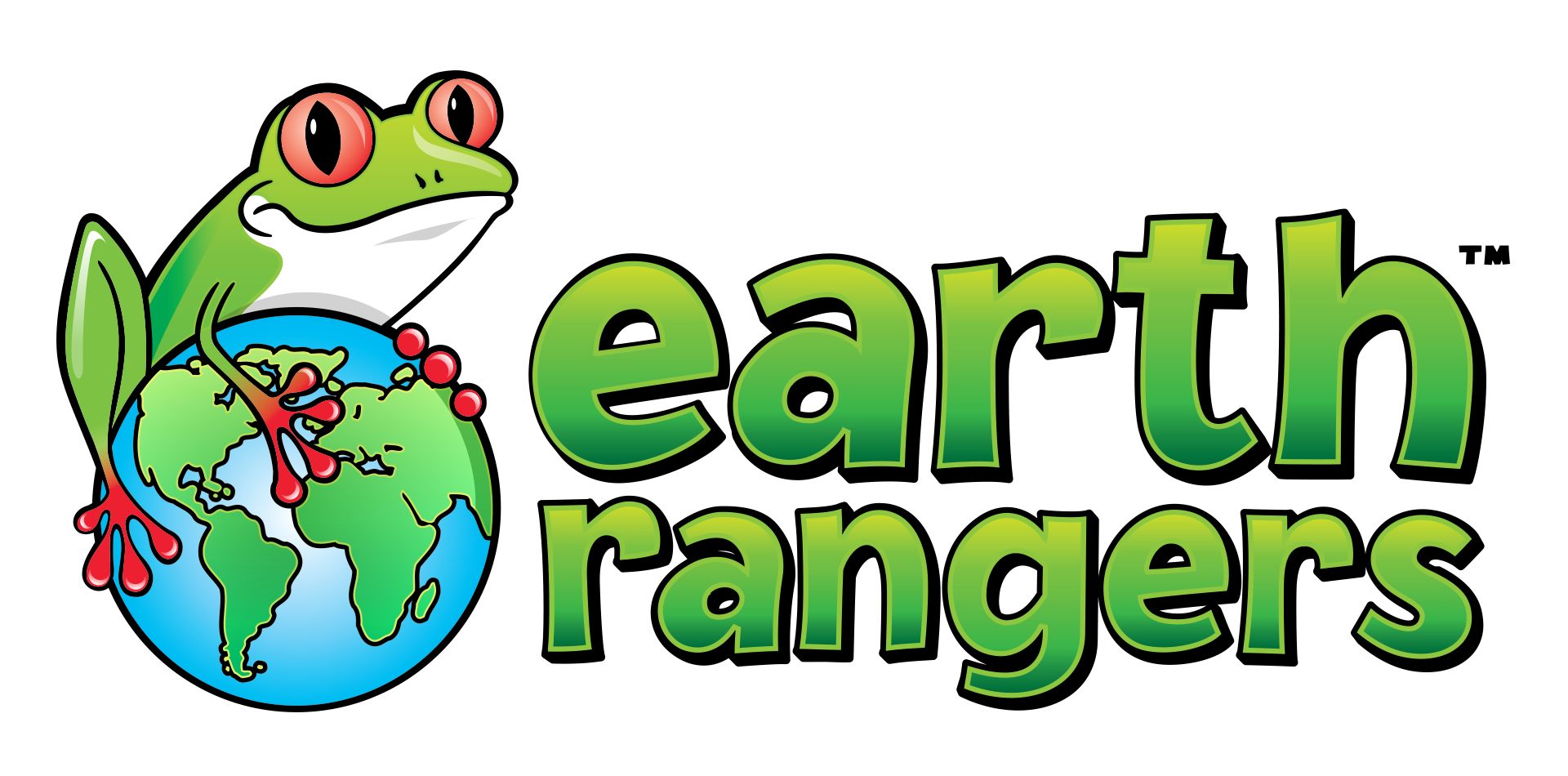Whether it’s a hot day during the summer or after a fun day of playing, a nice glass of cold water can really hit the spot. But wait! Do you fill your glass with tap water or bottled water? If you choose bottled water when your tap water is perfectly fine, then this mission is for you!
Some people drink bottled water because they think it tastes better than tap water but many of us can’t tell the difference. We want to put your taste buds to the test! Take the Water Taste Challenge and find out if your friends and family can taste the difference between tap and bottled water.
Most Canadians have access to perfectly good tap water, however there are some cases where using a filter might make sense. If you are unsure, consider having your water tested.
Did you know that buying bottled water can pollute animals’ homes, make them sick and contribute to climate change?

Making plastic water bottles takes a lot of oil and energy. In fact, according to the Pacific Institute, it took the equivalent of 17 million barrels of oil to make all the plastic water bottles that were purchased in the USA in 2006. That’s enough energy to run over 1 million cars for one year! And that’s just one country; think about the rest of the world!

Plastic water bottles also create a lot of waste once people are finished with them. About 90% of plastic water bottles are thrown in the garbage. Once they arrive at the landfills, it can take about 1,000 years to break down. That means that none of the 54 billion plastic water bottles sold in Canada have even started to break down yet.

Plastic water bottles also affect animals. It is estimated that in each square kilometer of the ocean, there are about 46,000 pieces of plastic floating around. A lot of animals mistake this plastic for food. Many sea turtles, seabirds (like penguins and pelicans), whales, seals and otters have plastic in their stomach, causing them to get sick and making it hard for them to survive.
When you choose tap water, you can help our planet AND save money.
Did you know that some bottled water is just filtered tap water? That’s right! You are paying thousands of times more for water that you can get from your tap!
With the damage that bottled water does to our planet and the animals that live here, as well as the cost, is buying bottled water really worth it? When you accept the Water Taste Challenge, you can help your friends and family find out if they really do prefer the taste of bottled water over tap water.

What you have to do to complete your Water Taste Challenge:
1. Accept your Water Taste Challenge and download your mission brief
2. Invite your family and friends to take the Water Taste Challenge
3. Record your results using the downloadable ballots and results sheet
4. Take the Clear Choice Pledge
5. Visit EarthRangers.com/water-taste-challenge to let us know about your Water Taste Challenge
[accordion_set] [accordion title=”References” active=”no”]
– http://pacinst.org/wp-content/uploads/2013/04/bottled_water_factsheet.pdf
– Merkel L, C Bicking and D Sekhar (2012). Parents’ perceptions of water safety and quality. Journal of Community Health 37:195-201.
– Rungchang S, S Numthuam, X Qiu, Y Li and T Satake (2013). Diffusion coefficient of antimony leaching from polyethylele terephthalate bottles into beverages. Journal of Food Engineering 115:322-329.
– Saylor A, L Stalker Prokopy and S Amberg (2011). What’s wrong with the tap? Examining perceptions of tap water and bottled water at Purdue University. Environmental Management 48:588-601.
– Westerhoff P, P Prapaipong, E Shock and A Hillaireau (2008). Antimony leaching from polyethylene terephthalate (PET) plastic used for bottled drinking water. Water Research 42:551-556.
[/accordion] [/accordion_set]



James the best
I did this challenge. It stumped all my family and really helped raise our awareness.
I like earth ranger so far.
It decently charges
I like tap water better.
In my opinion tap water is a lot better than bottled water because there is a slight taste in bottled water that I don’t like. To me tap water is a lot cleaner and better
I’ve never really used bottled water but when I started this challenge i knew I liked tap water way more.
I haven’t did this mission yet but I think tap water is the best for the world
Tap water is more fresher